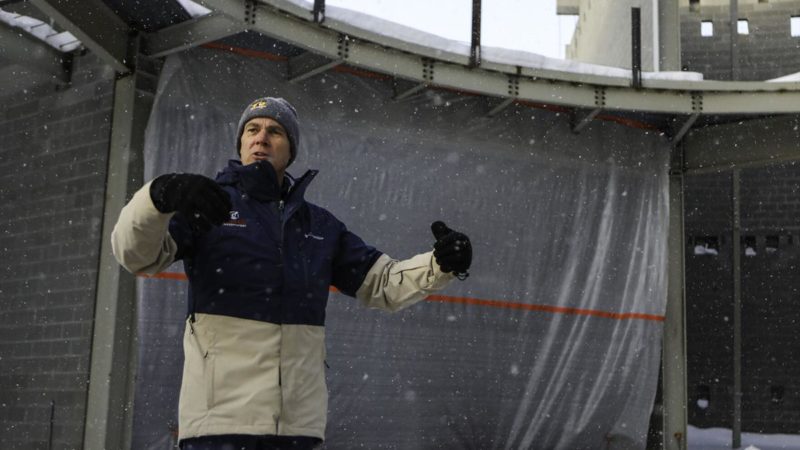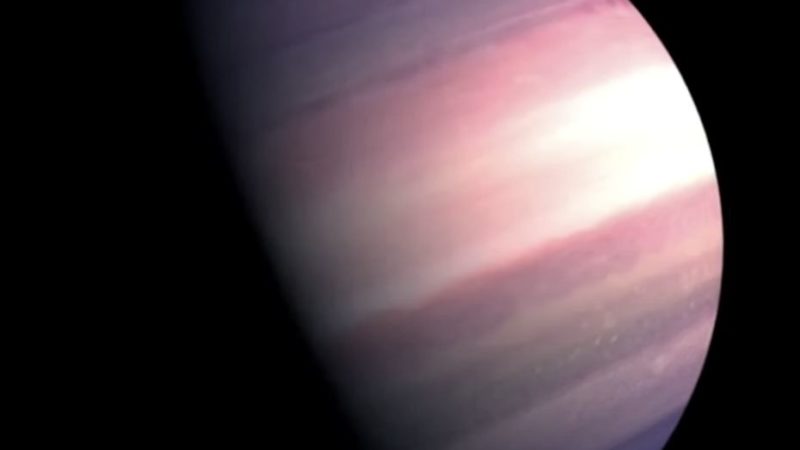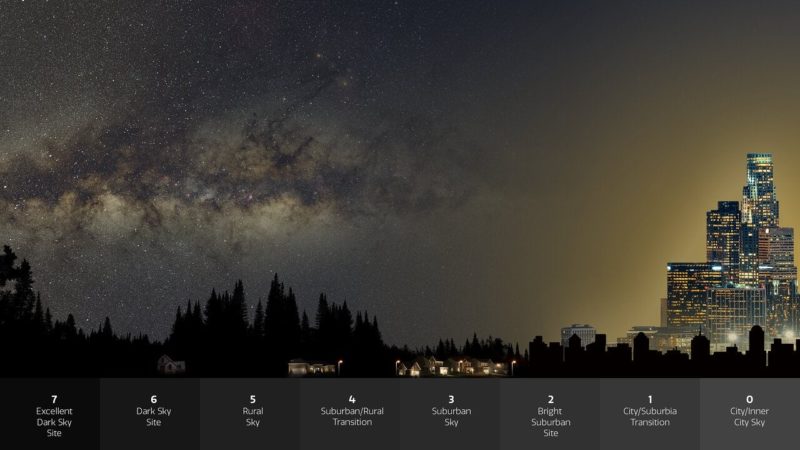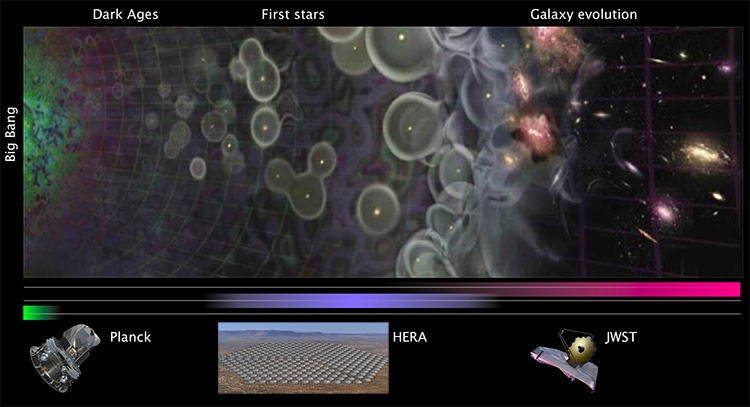Elon Musk: Starlink Will Cause ‘Zero’ Problems For Astronomy – Forbes
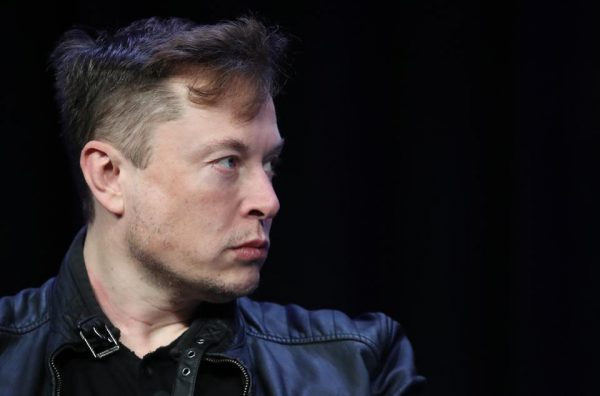
Musk was speaking at the 2020 Satellite Conference today.
Getty Images
SpaceX’s Starlink mega constellation will not cause any problems for astronomy, the company’s CEO and founder Elon Musk said today, Monday, March 9, despite some astronomers already reporting issues caused by the rapidly growing constellation.
Speaking at the 2020 Satellite Conference in Washington DC, Musk said he thought there was “zero” chance that Starlink would have any impact on astronomy, and SpaceX was taking steps to address some of the concerns from the astronomy community.
“I am confident that we will not cause any effect whatsoever in astronomical discoveries,” Musk said. “Zero. That’s my prediction. We’ll take corrective action if it’s above zero.”
Musk went on to add that SpaceX was “running a bunch of experiments to paint the phased array antenna black instead of white,” a possible reference to the so-called “darkened satellite” launched by the company earlier this year.
He also noted the company was working on a “sunshade” for the satellites, adding: “There are certain angles where you can get a reflection.
“We’re launching a sunshade, changing the color of the satellite… aesthetically this should not be an impact.”
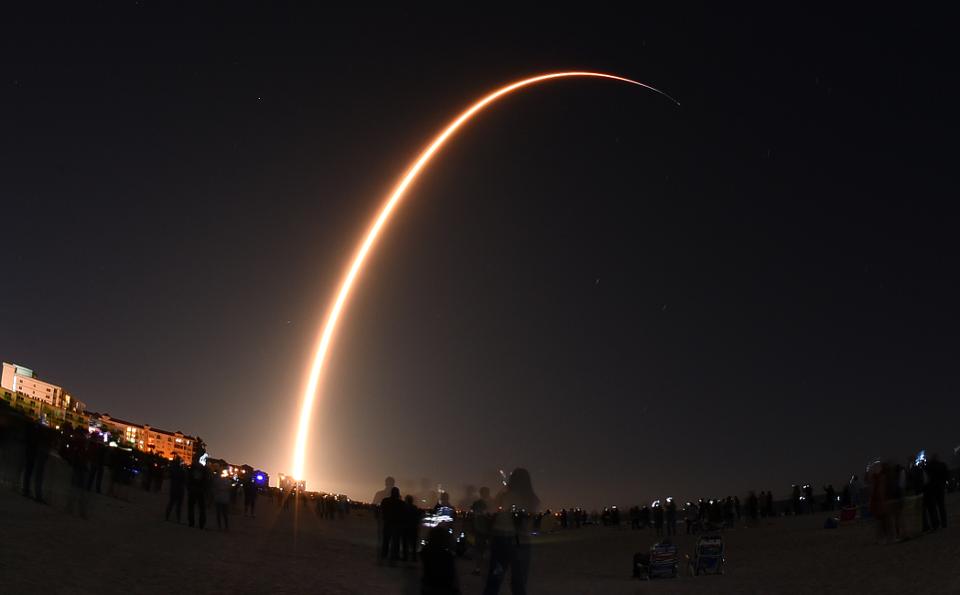
SpaceX plans to launch more than 1,000 Starlink satellites in 2020.
NurPhoto via Getty Images
Starlink is SpaceX’s effort to surround our planet in a constellation of up to 42,000 satellites and beam high-speed internet to any location on Earth, dwarfing the number of 2,000 active satellites in orbit today.
The company has already launched 300 satellites, with more than 1,000 set to follow by the end of 2020. However, many have raised concerns about the collision risk posed by these satellites, and their brightness; Starlink satellites appear 99% brighter than other satellites in their first few months of deployment.
In November 2019, two astronomers had their observations of a nearby galaxy impacted when a train of Starlink satellites passed in front of their telescope. Since then, several studies have assessed the impact of Starlink on astronomy, with even optimistic views indicating there will be problems.
“Telescopes like ESO’s Very Large Telescope (VLT) and ESO’s upcoming Extremely Large Telescope (ELT) will be ‘moderately affected’ by the constellations under development,” the European Southern Observatory (ESO) noted last week.
“The greatest impact could be on wide-field surveys, in particular those done with large telescopes. For example, up to 30% to 50% of exposures with the US National Science Foundation’s Vera C. Rubin Observatory would be ‘severely affected’, depending on the time of year, the time of night, and the simplifying assumptions of the study.”
During the event, Musk also revealed that SpaceX was not planning to spin off Starlink as its own separate business, contrary to reports last month. “We’re thinking about that zero,” he said. “We need to make the thing work.”
Musk has made no secret, however, that Starlink is intended to fund SpaceX’s plans to land humans on Mars. Consumers in the U.S. and Canada are expected to have access to Starlink later this year, with global coverage to follow, although the cost of the service has not yet been announced.

